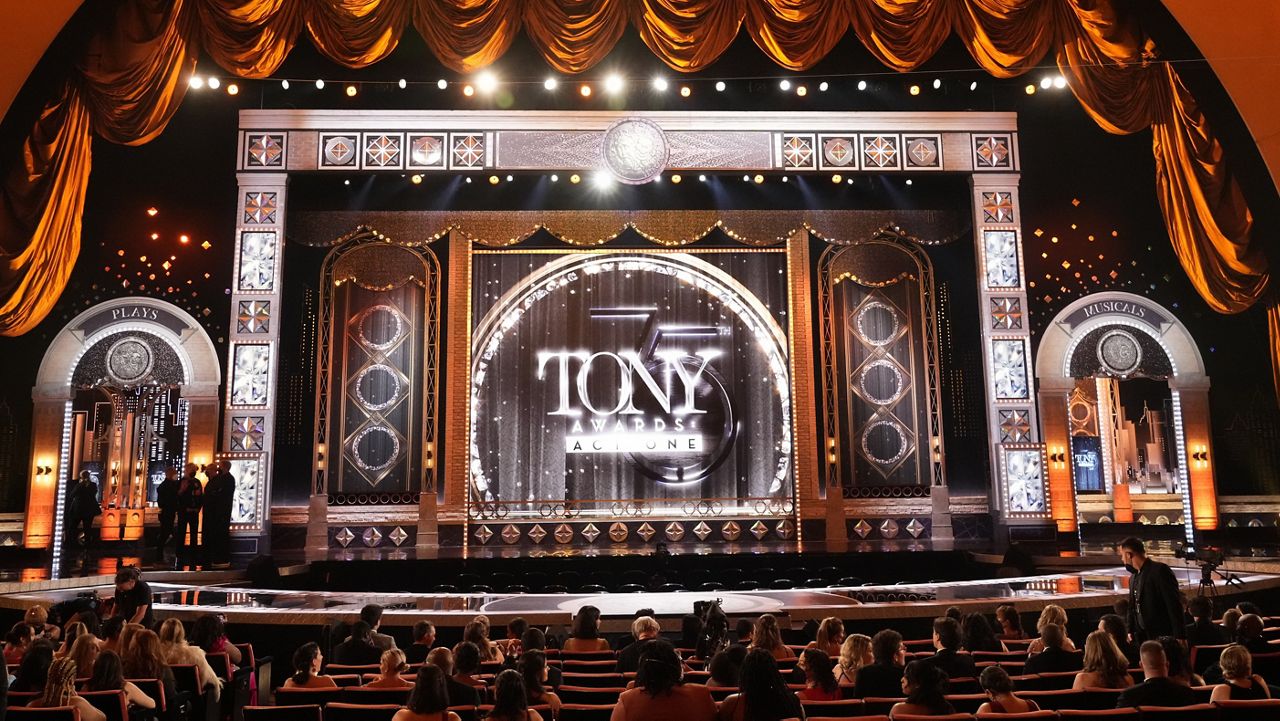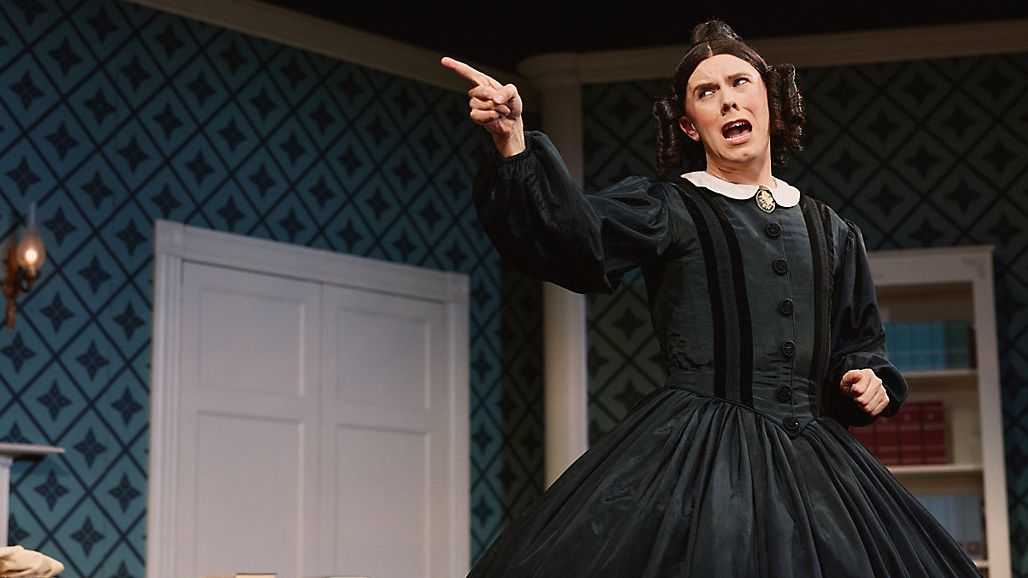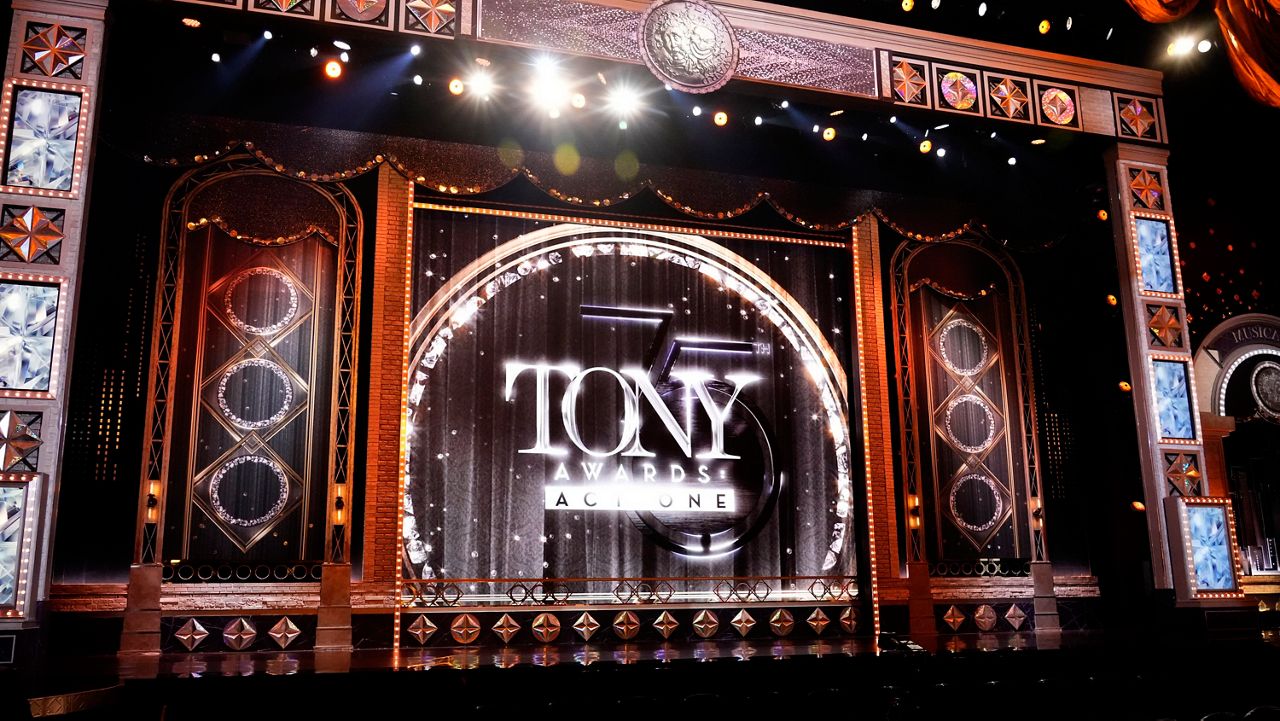NEW YORK — Through each painting and with every brushstroke, Boris Lurie's life story is told on the walls at the Museum of Jewish Heritage – A Living Memorial to the Holocaust. Sarah Softness curated the exhibit showcasing his work.
"You see grief. You see anger. You see disbelief," Softness said.
Before he died, the Holocaust survivor's legacy was preserved in his artwork.
What You Need To Know
- The late Boris Lurie, a Holocaust survivor, has an exhibit at the Museum of Jewish Heritage – A Living Memorial to the Holocaust
- The Nazis killed Lurie's mother, sister, grandmother and girlfriend
- Lurie survived, moved to New York City and worked as an artist
Nazi occupation began for Lurie and his family when he was 16 and growing up in Latvia. The Nazis killed his grandmother, sister, girlfriend and mother. One of his pieces honors his mother.
Another piece is called "In Concentration Camp."
"It gives a deeply haunting quality of what it must have felt like to be just a number inside of a system," Softness said as she viewed the painting.
The exhibit is called "Boris Lurie: Nothing To Do But To Try." Softness explained that mantra, which the self-taught artist lived by until he died in 2008.
"I think 'Nothing to do but to try' is something really that governs both his artwork, so, 'I'm going to teach myself how to paint, I'm going to teach myself how to make compositions,' as well as, there is 'Nothing to do but to try' to build my life," Softness said.
And that is exactly what he did. He made a new life for himself in New York City after being liberated from a concentration camp in 1945. He took pride in working as an artist in the city.
"He wasn't just a victim; his life wasn't just about tragedy," Softness said. "It informs so much about his artwork; it informs so much of his creativity."
Softness explained the importance of learning about Holocaust survivors year-round, and not only on "Holocaust Remembrance Day." Lurie's work is a vehicle to do that.
"His artwork is that visual testimony, leaving a legacy we can pick up and understand for generations to come," Softness said.







_PKG_OS_Picks_050225_CG)

